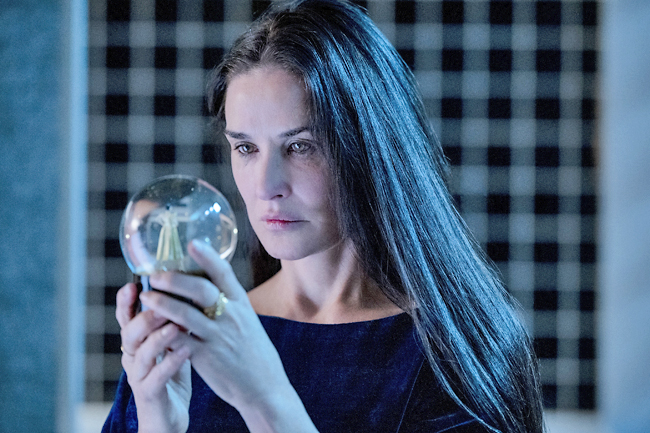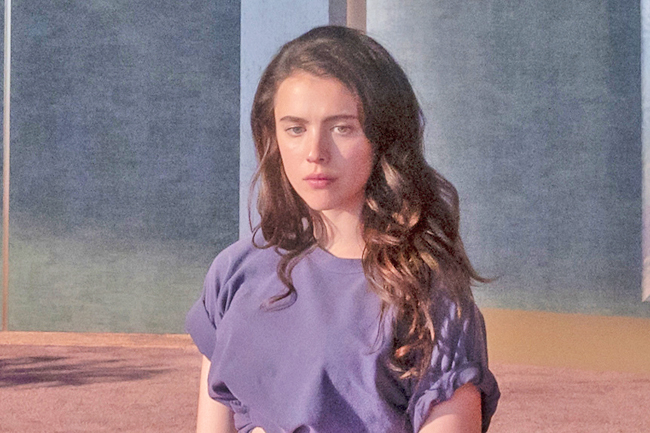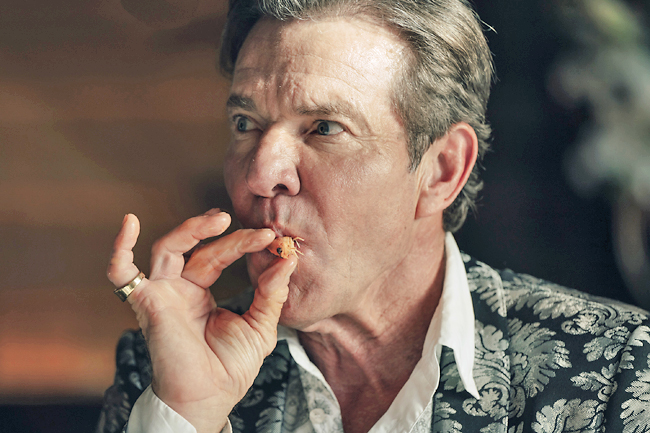AP – In its first two hours, The Substance is a well-made, entertaining movie. Writer-director Coralie Fargeat treats audiences to a heavy dose of biting social commentary on ageism and sexism in Hollywood, with a spoonful of sugar- and sparkle-doused body horror.
But the film’s deliciously unhinged, blood-soaked and inevitably polarising third act is what makes it unforgettable.
What begins as a dread-inducing but still relatively palatable sci-fi flick spirals deeper into absurdism and violence, eventually erupting – quite literally – into a full-blown monster movie. Let the viewer decide who the monster is.
Fargeat – who won Best Screenplay at this year’s Cannes Film Festival – has been vocal about her reverence for The Fly director David Cronenberg, and fans of body horror will see his unmist-akable influence.
But The Substance is also wholly unique and benefits from Fargeat’s perspective, which, according to the French filmmaker, has involved extensive grappling with her own relationship to her body and society’s scrutiny.
The Substance tells the story of Elisabeth Sparkle, a famed aerobics instructor with a televised show, played by a powerfully vulnerable Demi Moore.



Sparkle is fired on her 50th birthday by a ruthless executive – a perfectly cast Dennis Quaid, who nails sleazy and gross.
Feeling rejected by a town that once loved her and despairing over her bygone star power, Sparkle learns from a handsome young nurse about a black-market drug that promises to create a “younger, more beautiful, more perfect” version of its user.
Though she initially tosses the phone number in the trash, she soon fishes it out in a desperate panic and places an order.
The one rule to follow is that Sparkle and her better self (Margaret Qualley) must trade places every seven days. So for one week at a time, she is forced again to live as her 50-year-old self.
But the allure of youth proves too strong to resist. What’s the worst that can happen if she squeezes an extra day or two in?
Benjamin Kracun’s cinematography, particularly his low-angle shots and close-ups reminiscent of David Lynch’s movies – another filmmaker Fargeat credits as having influenced her as a director – expertly capture the omnipresent claustrophobia and anxiety that exist even while Sparkle is in the body of her better self.
Also evocative of Lynch is Fargeat’s compelling construction – between the fashion, architecture, aerobics and highly advanced cell-replicating drugs – of a kind of atemporal world.
Given that body horror has been all the rage at festivals – with Julia Ducournau’s Titane and Cronenberg’s Crimes of the Future also premiering at Cannes in recent years – it could be easy to write this movie off as capitalising on the zeitgeist.
But The Substance resists being lost in that shuffle.
What is perhaps most impressive is the fact that, in its 140-minute runtime, the movie never feels like it’s dragging on.
Fargeat ups the ante until the last second of the film, with a jaw-droppingly deranged final scene that is still somehow poignant.
If there’s a critique to be made about the film, it’s that the satire and caricatures are a bit heavy-handed, with most of the male characters being not-so-subtle misogynists.
But that overkill is part of what makes it so much fun. – Krysta Fauria








